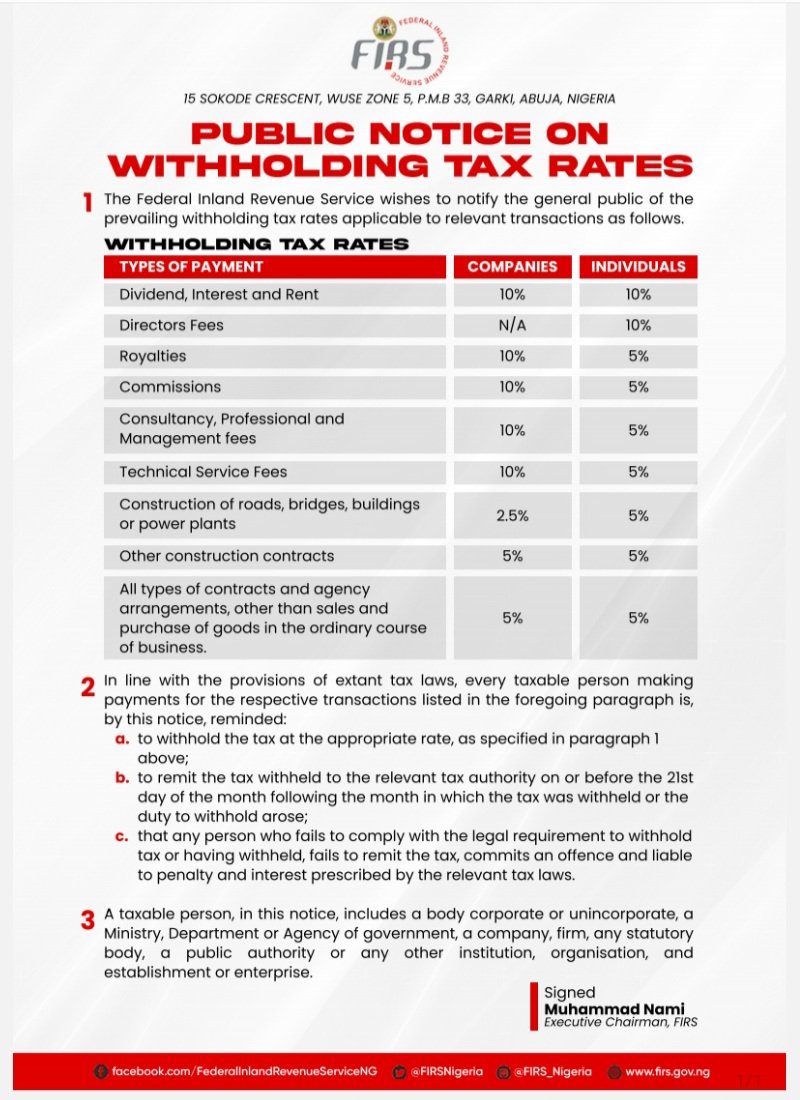
Nigeria is now at red-alert over the dangerous Ebola fever outbreak that is reported to be ravagind some neighbouring African countries, the most hit being the Republic of Guinea.
“Nigeria is prepared right now to curtail any outbreak, particularly given reports that few countries on the west coast like Liberia, Sierra leone and Guinea have reported cases of Ebola fever and given our proximity to these countries. Nigeria is ready.”
Information minister, Labaran Maku who made these facts known while addressing newsmen after today’s Federal Executive Council (FEC) meeting at the Presidential Villa, Abuja, said that government is working on vaccines and medicines that would be used to quel such outbreak.
“So far, there is nothing like Ebola fever in Nigeria and council was reassured that every step has been taken to ready our country just in case infected persons come into the country from our neighboring countries which unfortunately have been reportedly affected.
“So, citizens are reassured again that there is no Ebola fever in the country and all the checks so far undertaken declared clearly that we don’t have it.”
Ebola fever is believed to share early symptoms with any number of other illnesses, ranging from a passing fever to malaria, cholera and meningitis. Between two and 21 days, infected people might have red eyes and a rash, or suddenly experience onset of fever, intense weakness, muscle pain and sore throat, followed by vomiting, diarrhea, rash, impaired kidney and liver function, and in some cases, both internal and external bleeding.
Experts say that contagion can survive so long as the virus is in people’s blood and secretions, and with no vaccine or specialized treatment, victims must simply try to beat the disease with “intensive supportive care” to fight off near constant dehydration. They say that Ebola requires lab tests to confirm, and usually appears around tropical rainforests.
The first known incidents of the disease broke out in two places simultaneously in 1976, one in Nzara, Sudan, and the other in the village of Yambuku, near the Ebola River in the Democratic Republic of Congo.
According to World Health Organization (WHO), Ebola is one of the most virulent viral diseases known to humankind. It is among the group of five viruses with a case fatality ranging from 25-90% in humans.
Ebola infects humans through direct contact with a sick person’s (or animal’s) blood or bodily fluids, or through contact with contaminated objects (such as needles and bedsheets). The symptoms of the epidemic, at first, resemble those of a normal fever and spread quickly among family and friends caring for sick people, and then among medical staff who haven’t confirmed the cause of sickness.








